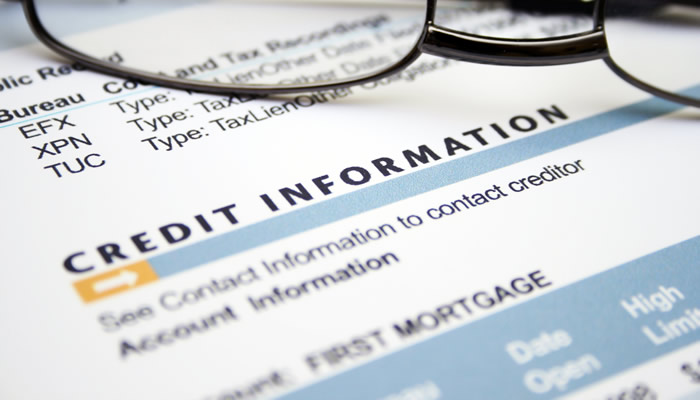Why Your Credit History is Important
Building a good credit history is important for your financial health. If you ever want to borrow money to purchase a house or car, a good credit score can mean the difference between your loan being approved or denied.

There are two main consumer credit rating agencies in Canada: Equifax and TransUnion. These agencies keep your credit history on file and keep track of how you use credit, including credit cards, lines of credit, and mortgages. They also track if you pay your bills on time. Together this information is used to help create your personal credit report and credit score.
The Importance of Establishing a Solid Credit Profile
In today’s society it’s almost a certainty you’ll need to borrow money from lenders for major purchases like a house or car. Establishing a solid credit profile means you will have a better chance of being able to borrow money at the lowest interest rate. Not only can having a poor credit profile make it difficult to borrow money, you could have difficulty finding employment or even a place to live. It is common for landlords and employers to access your credit profile.
Use (or misuse) of credit cards can even lead to relationship problems. In a report, married Canadians wish they had spent more time discussing their financial situation before getting married.
How Credit Cards Can Help or Hurt Your Credit Profile
Here are some ways credit cards can help or hurt your credit profile.
Payment History: The easiest way to damage your credit is by defaulting on a loan or credit card bill. It’s also easy to damage your credit by habitually paying your credit card bill late. Payment history is the most important factor credit agencies use for determining your credit score. Defaulted accounts, or those in collections, can linger on your credit report for many years.
If you pay your credit card balance on time and in full each month your credit report will reflect a positive payment history – generally boosting your credit score over time. If you cannot afford to pay the full balance by the end of your grace period, at least pay your minimum balance due – usually the greater of 2% or $15 of your balance – to keep your account in good standing.
Credit Utilization: Credit utilization is the percentage of your available credit actively in use. Credit utilization is the second most important factor in determining your credit score. If you use a large percentage of your available credit, lenders may view you as a higher risk and that could lead to a lower credit score (even if you pay your credit card balance in full each month.)
To help your credit profile, you should aim to have a credit utilization of less than 35 per cent of your available credit. For example, if your credit card limit is $5,000, you should generally not carry more than $1,750 for long periods of time. Some experts recommend getting higher credit limits – or additional cards – if your credit utilization is over 50%. This can be a good strategy for those in control of their spending. Fiscal responsibility is key.
Length of Credit History: Lenders prefer lending funds to a borrower with an established credit history rather than someone with no credit history at all. The longer you have a credit card account open and in good standing, the better for your credit score. Which is one reason the first credit card someone gets can often be the most important one!
It’s true that closing old credit card accounts can have a negative impact on your credit score. This is usually due to changes in credit utilization, NOT the fact that the account is old. Your payment history will remain in your credit profile for many years even after closing the account.
Lenders, employers, and landlords all use credit history to gauge the suitability of an applicant. Making mistakes with credit cards can have long term effects, so it makes sense to use cards responsibly. In the long run, your credit card use should work FOR you, not against you.




